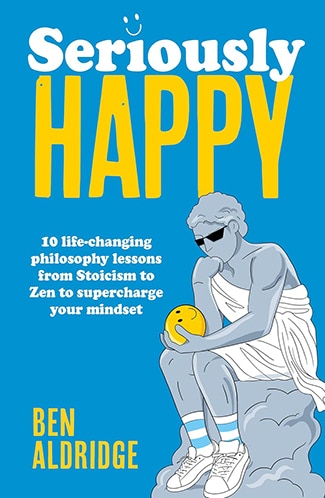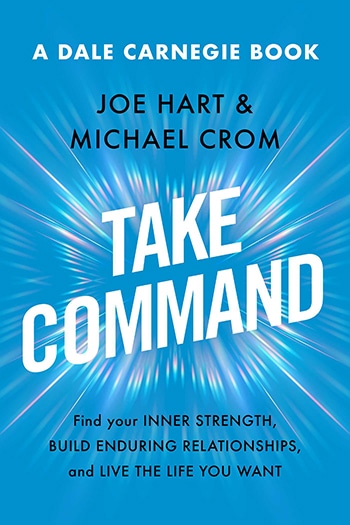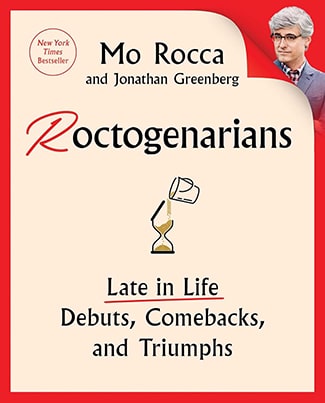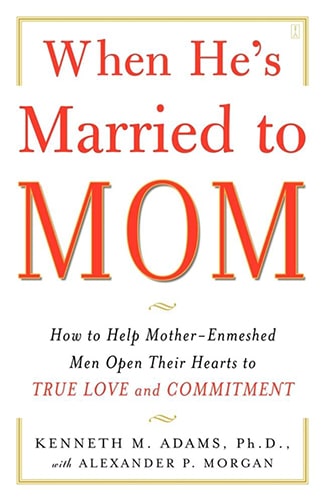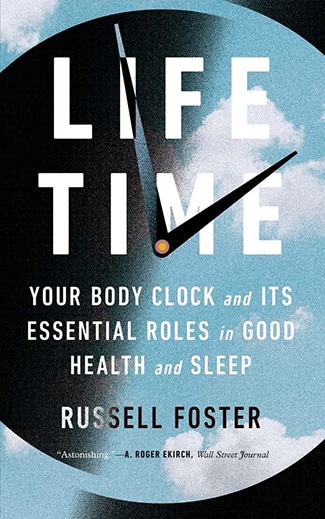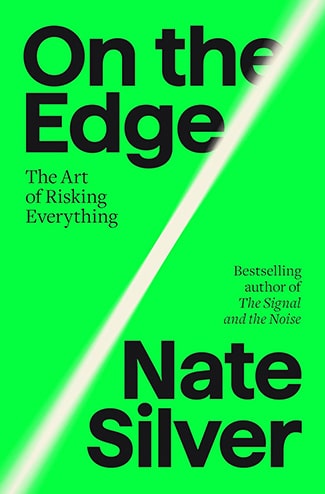Podcast Summary
Mentor communication: Effective mentor communication involves understanding young people's motivations and using supportive language for critical feedback, inspiring enthusiasm and readiness to contribute.
The mentor's dilemma, the belief that mentors must choose between being a tough authoritarian or a soft pushover when giving feedback to young adults, is a misconception. According to developmental psychologist David Yeager, the key to effective communication with young people lies in understanding their motivations and using supportive language when delivering critical feedback. By upholding high standards and providing constructive criticism, mentors can inspire young adults to feel enthusiastic and ready to contribute, rather than shutting them down or disengaging them. This approach can be applied in various settings, from schools to workplaces, and can help bridge the gap between generations. Overall, the conversation with David Yeager emphasizes the importance of effective communication in guiding young people towards positive growth.
Adolescent sensitivity to social experiences: Effective communication and acknowledging social experiences can significantly improve young people's willingness to learn and revise feedback during adolescence
During adolescence, young people are highly sensitive to social experiences, particularly those related to status and respect. This sensitivity drives their learning and behavior, as they strive to establish their identity as independent social actors. However, communication plays a crucial role in how young people perceive feedback and interactions with adults. When providing feedback, clarifying the leader's intentions through wise communication can significantly improve the young person's willingness to revise and learn. By acknowledging the importance of social experiences and understanding the adolescent brain's heightened sensitivity to status and respect, adults can build stronger connections and motivate young people more effectively. As Eric Erickson noted, the central task of adolescence is to become an independent social actor, and adults can support this development by providing guidance and opportunities for growth while respecting their adolescent's evolving social needs.
Communicating with adolescents: Avoid neurobiological incompetence model, respect their perspective, and communicate effectively to improve communication and find solutions
When dealing with adolescents, it's important to avoid the neurobiological incompetence model, which assumes their brains are deficient and they're idiots. Instead, we should aim to understand their perspective and the needs driving their behaviors. This approach, called "getting out of grown-ups explaining," can lead to better communication and more effective solutions. A study by Jennifer Silk and colleagues at the University of Pittsburgh showed that when parents nag, teenagers' brains respond with anger and a shutting down of prefrontal regions, indicating a lack of respect. Conversely, respectful communication can lead to openness and receptivity. Another study, the Vegemite study, demonstrated the power of respect and status in getting kids to take their medicine. By framing the task as a contribution to science, researchers were able to get kids to take a second serving of Vegemite. These studies highlight the importance of respect and understanding in communicating with adolescents.
Communication with young people about medication: Respectful communication can double the likelihood of young people taking medication, while disrespectful communication can decrease it. Hormonal changes during adolescence make individuals more sensitive to social rewards and punishments, emphasizing the importance of supportive and respectful communication.
The way adults communicate with young people about taking medication can significantly impact their compliance. Using respectful language and acknowledging their autonomy can increase the likelihood of young people taking the medication, while disrespectful communication can decrease it. Additionally, testosterone, a hormone associated with adolescence, can make individuals more sensitive to social rewards and punishments, including respect and status. Therefore, it's crucial for adults to communicate respectfully and supportively to help young people develop positive leadership qualities and avoid negative behaviors. The study used Vegemite as a stand-in for medication in the experiment and found that respectful communication doubled the likelihood of young people taking a second spoonful of Vegemite. This finding highlights the importance of considering the social context and communication styles when working with young people.
Mentor Mindset: By combining high standards and support, mentors can help young people see feedback and high expectations as signs of respect and belief in their abilities, leading to positive outcomes and confidence
Effective mentoring involves striking a balance between high standards and support for young people, rather than relying on rigid, authoritarian or overly protective approaches. By being transparent about intentions and providing clear explanations, adults can help young people understand that feedback and high expectations are signs of respect and belief in their abilities, rather than sources of stress or criticism. This mentor mindset, which combines high standards with high support, leads to positive outcomes and fosters the development of capable, confident young adults.
Asking Authentic Questions: Effective mentors ask authentic questions that encourage young people to think critically and build their expertise, rather than telling them what to do.
Effective mentors adopt a mindset of asking questions rather than telling young people what to do. This approach builds autonomy, agency, and expertise in the young person, and it shows respect. Authentic questions, which are asked with genuine curiosity, and uptake, which builds on the young person's response, are particularly effective. For example, instead of asking "What were you thinking?" which can come across as accusatory, ask "What was your logic here? Walk me through it." This approach encourages the young person to do the thinking themselves and turns negative experiences into opportunities for growth. The NBA coach Chip England is an example of a mentor who effectively uses this approach by asking questions to help his players improve their shooting skills, even when they're not with him. By asking authentic and uptake questions, mentors can create a "coach in the head" that helps young people develop critical thinking skills and confidence.
Earning Belonging: Earning belonging through contributing to a group rather than being told leads to better health, improved grades, and reduced achievement gaps.
True feelings of belonging and acceptance come from demonstrating value to a group rather than simply being told or given a sticker that we belong. This idea is rooted in our evolutionary history, where individuals had to earn their place in a group through contributing to its survival. Belonging and feelings of competence are closely linked. For young people, particularly those dealing with competence worries, it's essential to help them reframe their early difficulties as a normal part of growth and progress. This can lead to improved health, better grades, and even reducing achievement gaps in educational settings. A powerful example of this is the understanding that young people between the ages of 10 to 25 are motivated by status and respect. Utilizing this insight, anti-smoking campaigns that focused on peer disapproval and loss of status were more effective than those that simply told people not to smoke.
Unintended Consequences of Messaging: Messaging and framing can have unintended consequences, and it's crucial to understand the motivations and desires of the target audience to create effective campaigns.
The "Think. Don't Smoke." anti-smoking campaign, funded by tobacco company settlement money, inadvertently made smoking seem more appealing to teenagers. This was due to the campaign's messaging, which positioned smoking as something grown-ups do and therefore desirable for teenagers trying to fit in. The campaign's creators, led by Alex Bogusky, recognized this issue and developed the Truth campaign instead. This campaign focused on revealing the tobacco industry's deceptive marketing tactics, which resonated with teenagers' desire for authenticity and autonomy. The Truth campaign's ads were successful in reducing teen smoking rates significantly, making it one of the most successful public health campaigns in US history. The key lesson here is that messaging and framing can have unintended consequences, and it's essential to understand the motivations and desires of the target audience to create effective campaigns.
Motivating young people: Effective methods, such as respect and evidence-based strategies, are crucial for motivating young people, as opposed to outdated and disrespectful approaches.
Key takeaway from this conversation with David Yeager is the importance of using effective and respectful methods to motivate young people, as opposed to outdated and disrespectful approaches. Yeager, the author of the book "10 to 25: The Science of Motivating Young People," emphasizes the value of insights developed by him and his team for the Truth Campaign. The book is available on Amazon, and for more information, visit the Texas Behavioral Science and Policy Institute's website. Listeners can also check out the show's episode on AOM.IS for further resources. In summary, instead of using a dismissive attitude towards young people, it's crucial to apply evidence-based strategies to inspire and motivate them. Yeager's work provides valuable insights into this area, and his institute offers free resources and interventions. By sharing this information, we can all contribute to making a positive impact on young people's lives. As a reminder, don't forget to rate and review the podcast on your preferred platform, and consider sharing it with someone who might benefit from the content. Stay informed by signing up for the Art of Manliness newsletter, and keep putting what you've learned into action.

